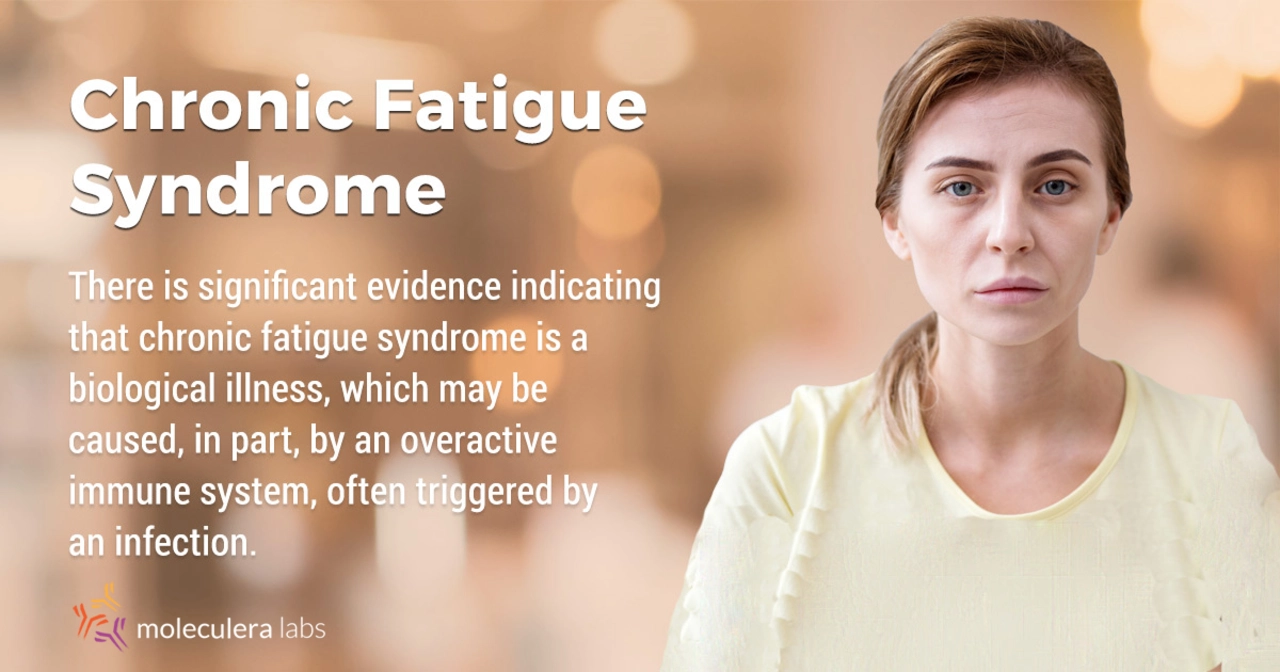Feeling low on energy most days is frustrating. You don't need complicated plans or expensive tests to start feeling better. Below are clear, doable actions you can try today to improve energy levels and reduce day-to-day fatigue.
Sleep matters more than fancy supplements. Aim for 7–9 hours and pick a consistent wake time—even on weekends. Use a short wind-down routine: dim lights, stop screens 30–60 minutes before bed, and do something low-key like reading or stretching. If you wake at night, avoid bright screens; use a dim light and relax rather than checking email.
Light exposure shapes your internal clock. Get 10–20 minutes of morning sunlight or a brisk walk right after waking. That helps you fall asleep easier at night and feel more awake during the day.
Start breakfast with protein (eggs, yogurt, or a protein shake) and a whole-grain carb. That combo steadies blood sugar and prevents the mid-morning crash. Keep snacks balanced: fruit with nuts, hummus with veg, or cottage cheese and whole-grain crackers.
Limit sugary drinks and refined carbs—those give quick energy but a bigger crash later. Caffeine helps but keep it to about 200–300 mg a day and stop by early afternoon so it doesn't wreck your sleep. Drink water regularly; mild dehydration can sap energy, so aim for a glass with each meal and between them.
Move a little often. Short 5–10 minute walks, standing up and stretching every hour, or a quick set of squats can raise alertness more than another cup of coffee. Schedule a 20–30 minute moderate workout most days—regular exercise boosts energy long term.
Supplements can help if you have a documented deficiency. Common ones tied to fatigue include iron (if you have anemia), vitamin B12, and vitamin D. Get blood tests before starting high-dose supplements—unneeded iron can be harmful.
Look at your meds. Some common drugs cause tiredness—beta blockers (like metoprolol/Toprol XL or propranolol/Inderal), certain antidepressants, antihistamines and some sleep aids. If you suspect a medication, talk with your prescriber about alternatives or timing changes.
When to see a doctor? If fatigue lasts weeks, gets worse, or comes with weight loss, shortness of breath, chest pain, or depression, get medical advice. Tests for anemia, thyroid function, and sleep disorders (like sleep apnea) are common starting points.
Small changes add up. Fix one thing this week—go to bed 30 minutes earlier, add a protein-rich breakfast, or cut late-day caffeine. Track how you feel for two weeks and keep what helps. You don't need perfect habits—just consistent, practical moves that stack into more energy over time.
